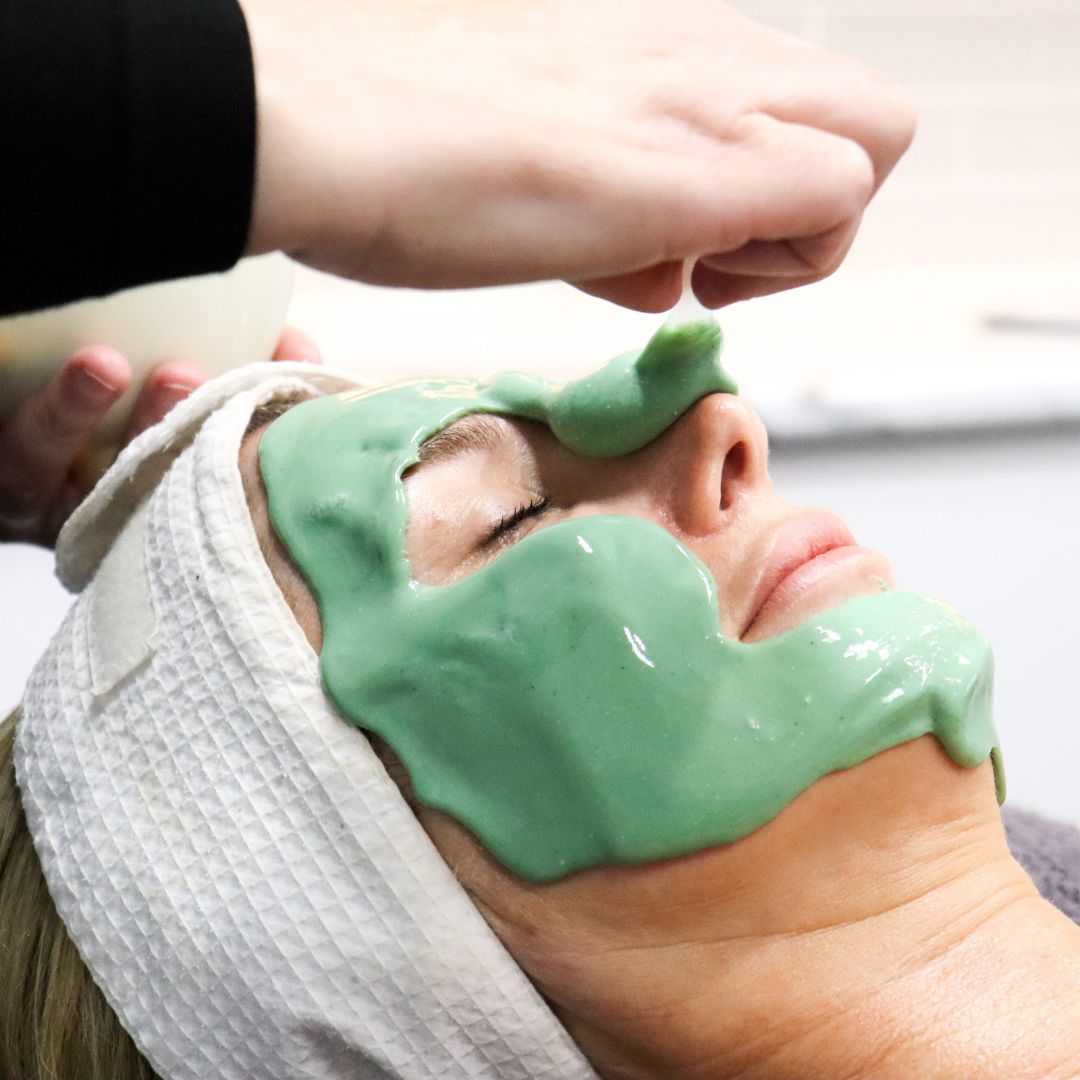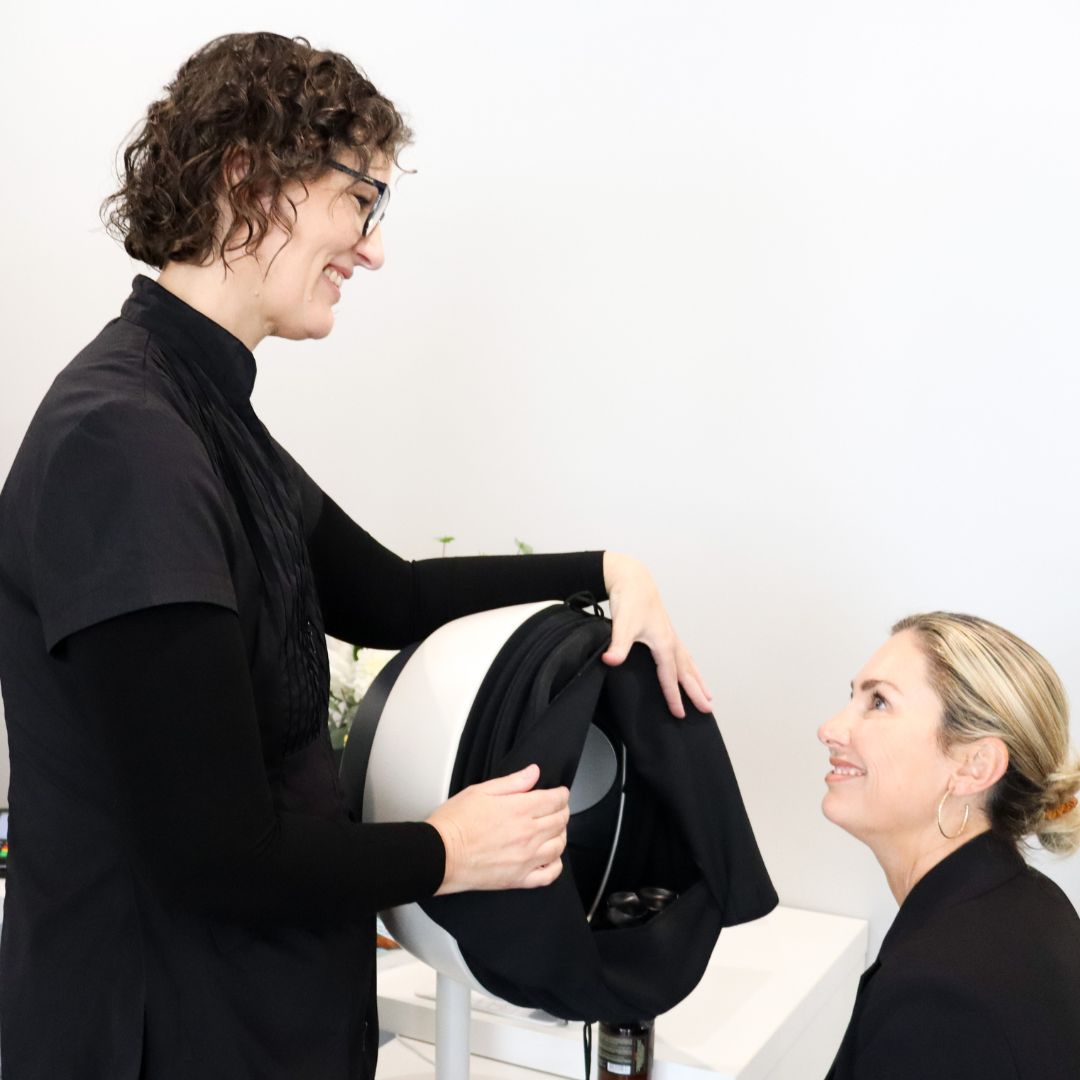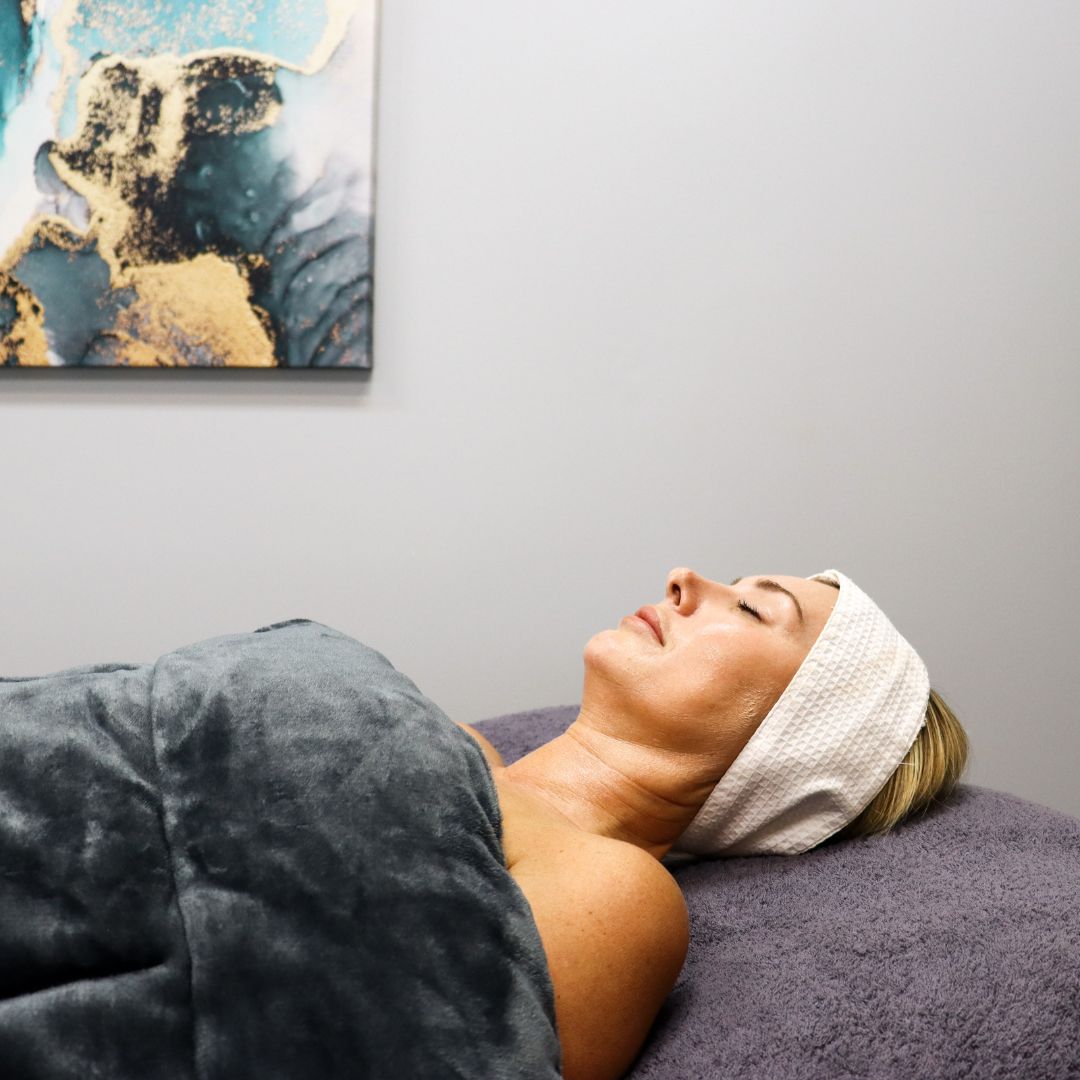Menopause
Specialising in problematic skin conditions.
Menopause.
Menopausal skin refers to the changes and characteristics of the skin that can occur during and after menopause, which typically happens in a woman’s late 40s to early 50s. The hormonal shifts associated with menopause can have several effects on the skin. Here are some common characteristics and features of menopausal skin:
Thinning Skin: During and after menopause, the skin often becomes thinner as a result of decreased collagen and elastin production. This can make the skin more fragile and prone to damage.
Wrinkles and Fine Lines: The loss of collagen and elastin can lead to the development of wrinkles and fine lines, particularly around the eyes, mouth, and forehead.
Sagging: Reduced skin elasticity can result in sagging or drooping skin, especially in the jawline and neck area.
Dryness: Menopausal skin tends to be drier due to a decline in oil production. Dryness can lead to flakiness, itchiness, and an overall rough texture.
Loss of Firmness: The skin may lose its firmness and resilience, making it less supple and more prone to sagging.
Uneven Pigmentation: Hormonal fluctuations during menopause can contribute to uneven pigmentation, leading to age spots, sunspots, and hyperpigmentation.
Increased Sensitivity: Some women may experience increased skin sensitivity during menopause, making the skin more prone to redness, irritation, and discomfort.
Reduction in Collagen: The decrease in collagen levels can result in thinner and more delicate skin.
Slower Healing: Menopausal skin may take longer to heal from wounds or injuries due to reduced blood circulation.
Expression Lines: Lines and wrinkles may become more pronounced, particularly those formed from repeated facial expressions.
Hot Flashes and Flushes: Menopausal women often experience hot flashes and flushes, which can lead to skin redness and increased sweating.
Hair Changes: Changes in hormone levels can also affect the texture and growth of facial and body hair.
Bone Density Changes: While not directly related to the skin, menopause is associated with a decrease in bone density, which can influence facial bone structure and contribute to changes in the appearance of the face.
Collagen Loss in the Décolletage: The skin on the chest and décolletage can be particularly affected by collagen loss, leading to crepey or wrinkled skin in this area.
Treatment And Prevention.
To address the changes and challenges associated with menopausal skin, many women adopt skincare routines that focus on hydration, anti-aging products (such as those containing retinoids and antioxidants), sun protection, and gentle cleansing. Hormone replacement therapy (HRT) may also be an option to manage some of the skin-related effects of menopause, but this should be discussed with your healthcare provider.
Advanced Skincare Clinicians can provide personalised guidance and recommendations for managing menopausal skin.






